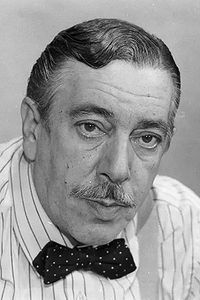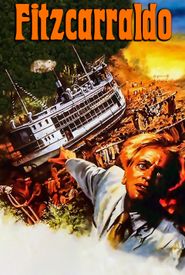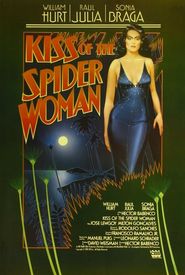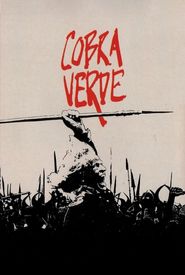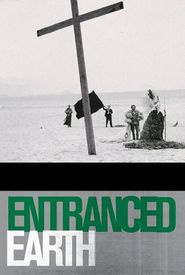José Lewgoy's life began on a significant day, November 16, 1920, in the charming town of Veranópolis, situated in the picturesque state of Rio Grande do Sul, Brazil. This remarkable individual would go on to make a lasting impact on the world of entertainment, leaving behind a legacy that would be cherished for generations to come.
As an accomplished actor, José Lewgoy's impressive repertoire included a wide range of critically acclaimed films, showcasing his incredible versatility and talent. One of his most notable roles was in the 1982 film "Fitzcarraldo", a cinematic masterpiece directed by the renowned Werner Herzog.
In addition to his work in "Fitzcarraldo", José Lewgoy also appeared in the 1976 film "O Ibraim do Subúrbio", a thought-provoking drama that explored the complexities of human relationships. Furthermore, he brought his unique charm to the 1984 comedy "Blame It on Rio", a lighthearted romp that delighted audiences worldwide.
Tragically, José Lewgoy's life was cut short on February 10, 2003, in Rio de Janeiro, Rio de Janeiro, Brazil, leaving behind a void that would be deeply felt by those who knew and loved him. Despite his untimely passing, José Lewgoy's remarkable contributions to the world of cinema continue to inspire and entertain, ensuring his memory lives on through his timeless performances.
